Alumni - Computational Privacy Group, Imperial College London
Prior members of the Computational Privacy Group at Imperial College London.
Prior members of the Computational Privacy Group at Imperial College London.

PhD student, 2025
Florent received his BSc and MSc in theoretical computing from ENS Lyon. He also holds a BSc in pure maths from University Lyon 1 an engineering degree from Centrale Lyon. His research interests include privacy attacks against machine learning systems and generative systems such as GANs.
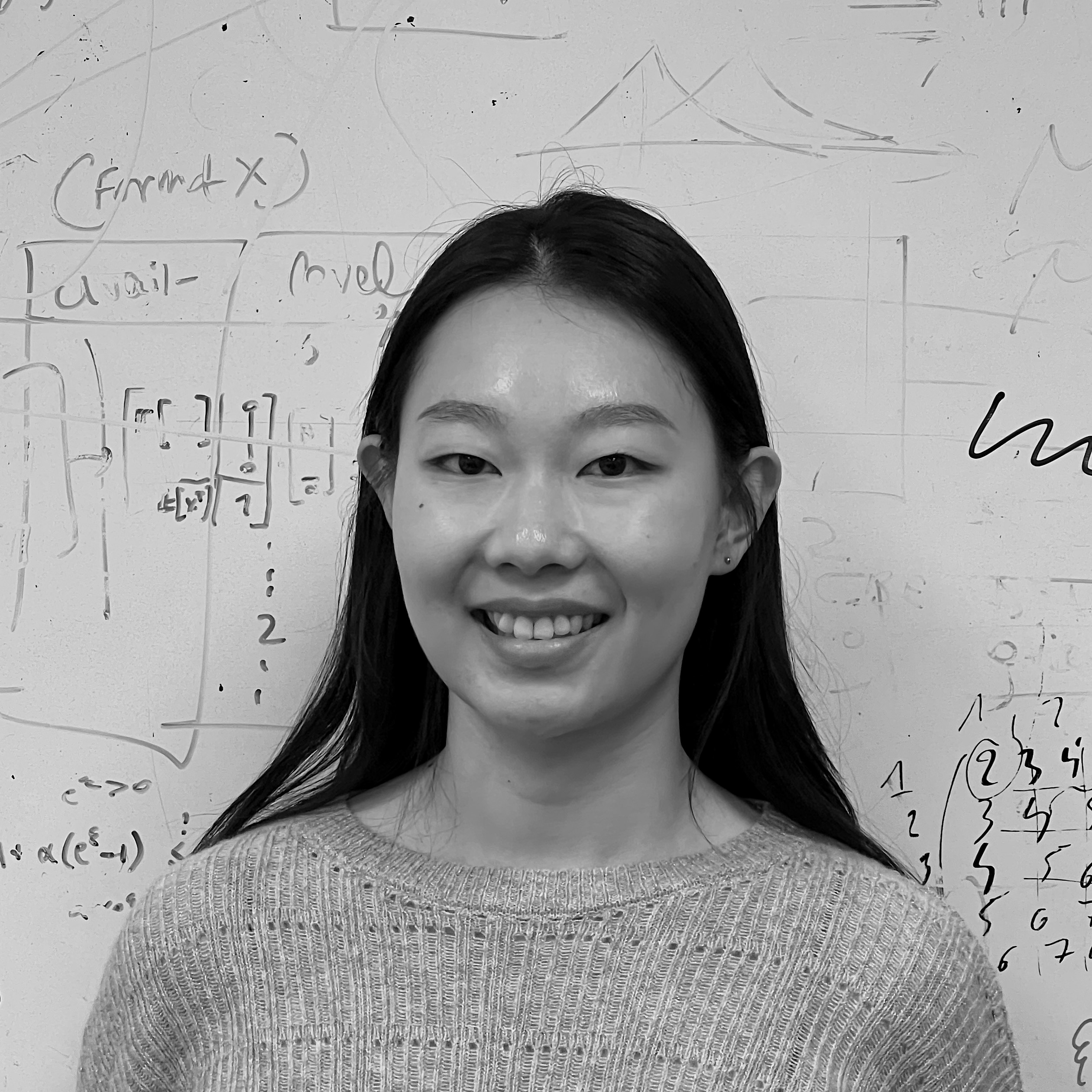
Visiting PhD student, 2024
Yuhan obtained her BSc in computer science at Ximen University in China. While pursuing her Ph.D. degree at Renmin University of China since 2019, she worked as a research intern for a year at DAMO Academy, Alibaba Group. As a one-year visiting student, her research interests include differential privacy and privacy attacks against statistical data analysis and ML systems.
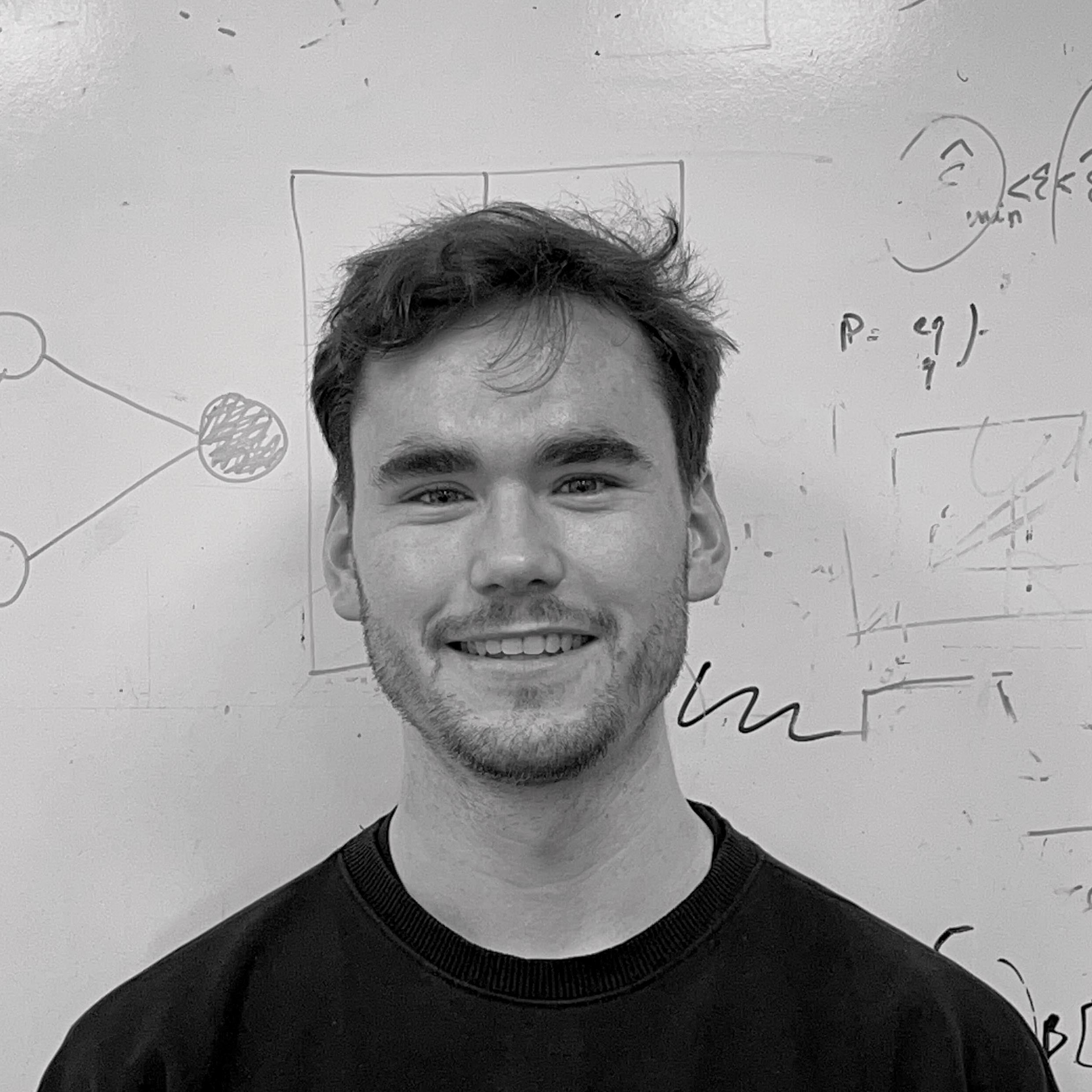
Visiting MSc student, 2024
Pascal obtained his BSc in Mathematics from EPFL in Switzerland. After that, he decided to pursue his MsC in Data Science at EPFL and joined the CPG to undertake his Master’s thesis. His research interests include distributed computing and privacy attacks against ML models.
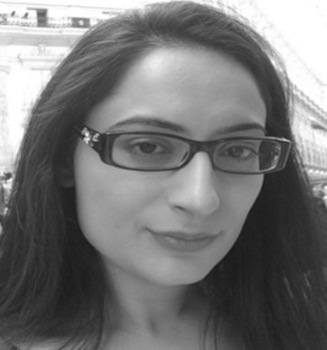
Research Group Administrator, 2024
Amandeep supports the day-to-day running of the Data Science Institute in terms of finance, HR and general office management.
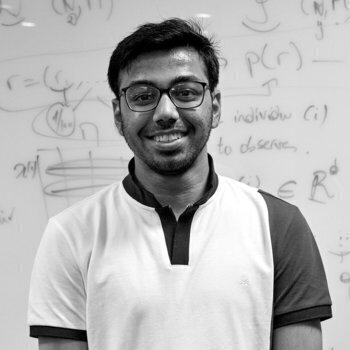
PhD student, 2023
Originally from India, Shubham received a BTech in computer science and engineering from IIT Bombay. His research interests include fairness in machine learning systems, scalable privacy-preserving systems, and network security.
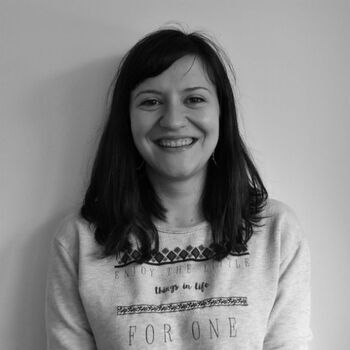
PhD student, 2023
Originally from Romania, Ana-Maria has a background in mathematics and computer science. Her research focuses on new machine learning-based privacy and security attacks in large-scale behavioral datasets, machine learning models, query-based and client-side scanning systems.
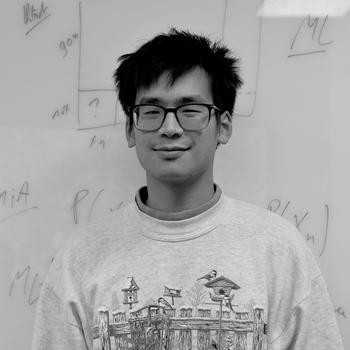
PhD student, 2023
Originally from Canada, Vince studied mathematics at the University of British Columbia for his Bachelor’s degree (BA with Major in Mathematics with Minor in Philosophy) and Master’s degree (MSc in Mathematics). His research interests include privacy attacks against aggregate location data, synthetic data generation, AI fairness, and interpretable machine learning.
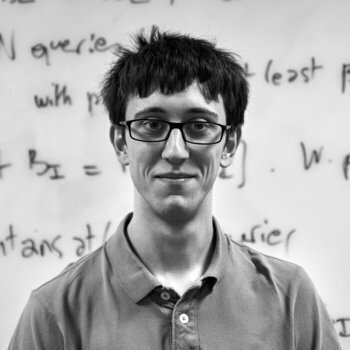
PhD student, 2021
Originally from Belgium, Florimond has an MSc in applied mathematics. His research interests include differential privacy, obfuscation, and privacy leaks in networks.
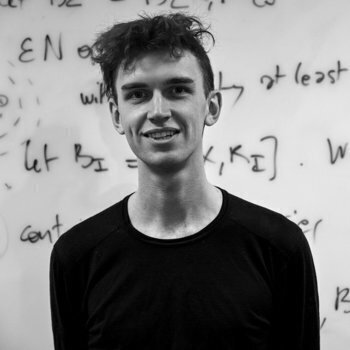
Postdoc, 2021
Luc is a postdoctoral researcher studying the limits of privacy in the modern age, and received a PhD in Applied mathematics from UCLouvain. Luc's work has challenged the technical and legal adequacy of current de-identification techniques to anonymise data.
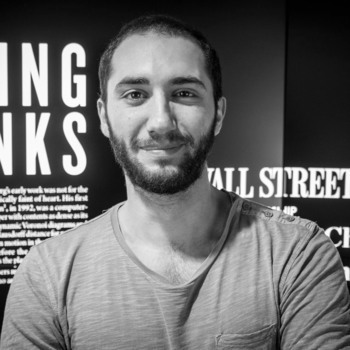
PhD student, 2022
Andrea received a BSc in math and a MSc in mathematical logic from the University of Turin. His research interests include differential privacy, privacy attacks against systems processing personal data, and the design of privacy-preserving mechanisms.
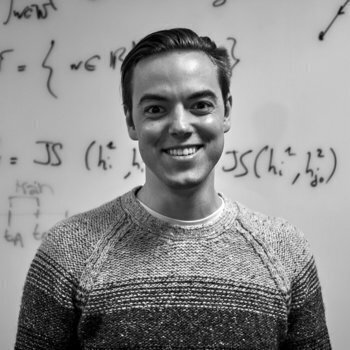
PhD student, 2021
Originally from France, Arnaud has masters in stochastics from Paris VI, fundamental mathematics from Paris XI, and a diplôme d'ingénieur from Ecole Centrale Paris. His research interests include reinforcement learning, biometrics and profiling.
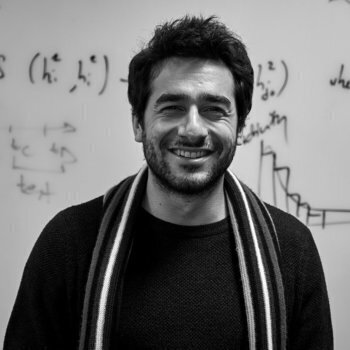
PhD student, 2021
Ali has an MSc in High Energy Particle Physics jointly from the University of Southampton and CERN. His research focuses on quantifying the privacy of human behavioral datasets and the societal impact of AI algorithmic decision.
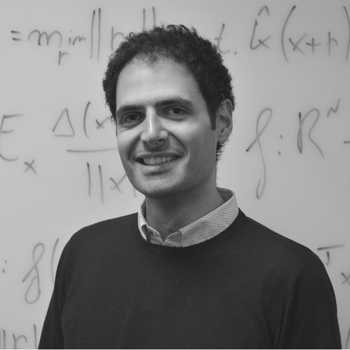
Visiting PhD student, 2020
Stefano is a Ph.D. fellow at the University of Naples Federico II and a visiting fellow in the Computational Privacy Group. His research interests include pattern recognition, adversarial learning and embedded systems.
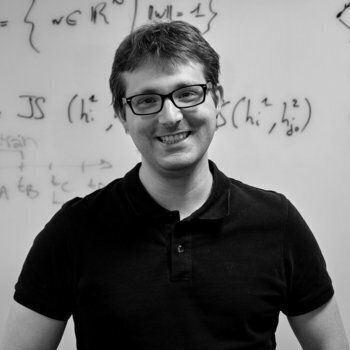
PhD student, 2019
Axel has masters in computer science from Imperial College London and ENSEEIHT (France). He worked for Societé Generale CIB. Axel leads the development of the OPAL project and is interested in privacy-preserving architectures.
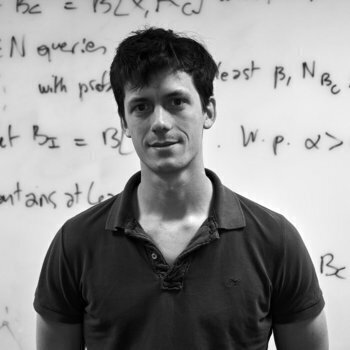
Postdoc, 2018
Thibaut received his PhD in computational statistics from Oxford. Thibaut's research interests include the application of machine learning techniques on behavioral datasets for identification learning as well as adversarial machine learning.
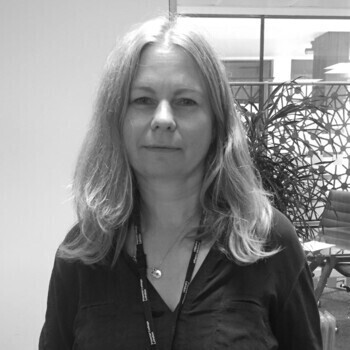
Research Group Administrator, 2021
Fay supports the day-to-day running of the Data Science Institute in terms of finance, HR and general office management.